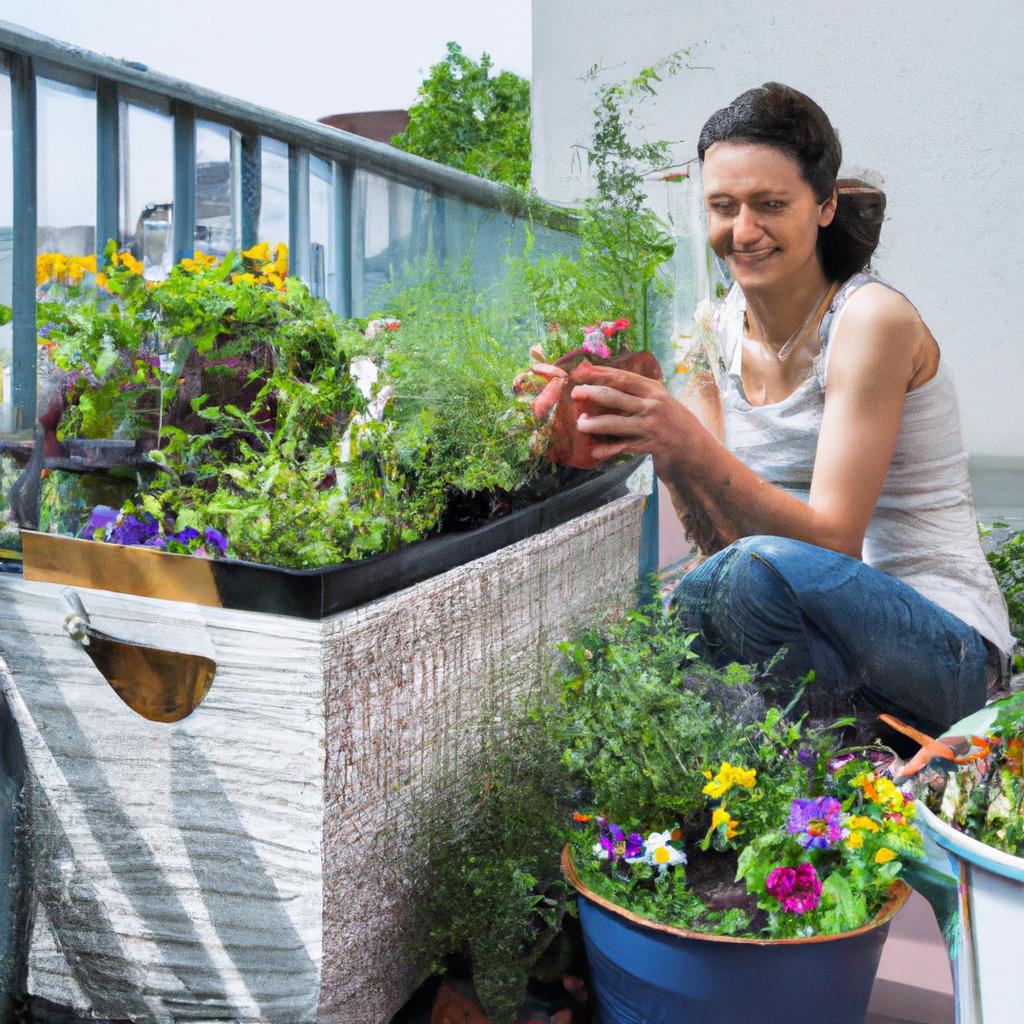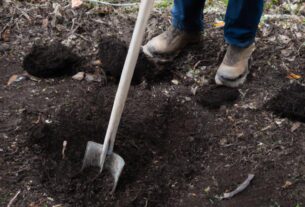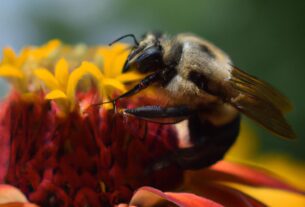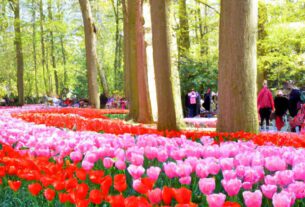Are you longing to bring some greenery into your small living space? Look no further than container gardening. This simple and cost-effective method allows you to create a mini garden in even the tiniest of spaces. With the right containers, plants, and soil, you can effortlessly grow fresh herbs, vegetables, and flowers.
Selecting Containers
Choosing the right containers is key when it comes to container gardening in small spaces. In these tight quarters, maximizing every inch of available space is essential. Compact yet spacious containers are the way to go.
There are a variety of container options suitable for small spaces:
- Window boxes: Ideal for apartment dwellers with windowsills or balconies, these long, narrow containers can be hung outside your window, providing a delightful view from inside.
- Hanging baskets: Perfect for small spaces, these baskets don’t take up any floor space. Hang them from walls, ceilings, or balcony railings for a lovely display.
- Vertical gardens: If floor space is limited, opt for a vertical garden. Perfect for herbs and small plants, they can be hung on walls or fences, adding a touch of green to your space.
- Pots: The most traditional container option, pots come in various shapes, sizes, and materials, such as plastic, terra cotta, and ceramic. They are ideal for growing vegetables, herbs, and flowers.
When selecting containers, ensure they have drainage holes to prevent waterlogging. Consider the material of the container as well. Plastic containers are lightweight and easy to move, while terra cotta containers are porous and promote air circulation around the roots. Lastly, choose containers that complement your space’s decor and style.
Choosing Plants
Choosing the right plants is crucial for successful container gardening in small spaces. In tight quarters, select plants that will thrive in your specific environment. Here are some top picks for container gardening in small spaces:
- Herbs: Herbs are perfect for small spaces as they require minimal room to grow. Use small pots or even a vertical garden to cultivate basil, rosemary, thyme, and mint, among others.
- Vegetables: Many vegetables can be grown in containers, making them an excellent choice for small gardens. Tomatoes, peppers, lettuce, and radishes are popular options.
- Flowers: Add a splash of color and beauty to your small space with flowers. Consider petunias, marigolds, and pansies, among other favorites.
- Succulents: For minimal care and maintenance, opt for succulents. They come in various shapes and sizes, making them perfect for creating stunning centerpieces or adding greenery to small corners.
When selecting plants, take into account your specific climate and environment. Consider the amount of sunlight your space receives and choose plants accordingly. Additionally, ensure the plant and container sizes are compatible, avoiding overgrowth.
Preparing Soil and Fertilizers
Properly preparing the soil and using suitable fertilizers are crucial for the success of your container garden. Good soil provides essential nutrients and water, while fertilizers give plants an extra boost. Follow these tips for preparing soil and fertilizers in small-space container gardening:
Importance of Soil Preparation
Preparing the soil is the first step in creating a thriving container garden. Opt for well-draining, nutrient-rich, and loose soil. If using garden soil, mix it with compost or peat moss to enhance its texture and drainage. If using potting soil, ensure it’s specifically designed for container gardening and suitable for your plants.
Best Fertilizers for Small-Space Container Gardening
Fertilizing your plants is crucial for their growth and health. Choose from a variety of fertilizers, including organic and synthetic options. Organic fertilizers, made from natural materials, are ideal for organic gardening. Synthetic fertilizers, on the other hand, provide a quick nutrient boost.
Consider the nutrient requirements of your plants when selecting fertilizers. Also, take into account the type of soil you’re using and the frequency of fertilization. Over-fertilizing can be detrimental, so carefully follow instructions.
Container Gardening Tips
Container gardening in small spaces may present challenges, but the rewards are worth it. Here are some tips to help you create a thriving mini garden:
1. Choose the Right Plants
Select plants suitable for container gardening and your specific growing conditions. Herbs, lettuces, and cherry tomatoes are perfect for small spaces. Opt for plants that don’t require excessive space, water, or sunlight.
2. Use the Right Soil
Invest in high-quality soil designed for container gardening. It should be well-draining and nutrient-rich to provide optimal growing conditions for your plants.
3. Water Regularly
Keep the soil moist by watering your plants at least once a day. Be cautious not to overwater, as it can lead to root rot and other issues.
4. Provide Adequate Sunlight
Most plants require at least six hours of sunlight daily for proper growth. Place your containers in a spot that receives sufficient sunlight or consider using a grow light if natural light is scarce.
5. Prune Your Plants
Regularly prune your plants to promote growth and prevent overcrowding. Remove any dead or damaged leaves, flowers, or stems to keep your plants healthy.
6. Common Mistakes to Avoid
Avoid common mistakes such as overwatering, using poor-quality soil, overcrowding containers, and selecting the wrong plants for your growing conditions. These errors can hinder growth, cause disease, and even lead to plant death.
Conclusion
Container gardening is the perfect solution for small living spaces. It allows you to enjoy the beauty of nature and grow your own herbs, vegetables, and flowers. With the right containers, plants, and soil, you can create a thriving mini garden in your apartment, balcony, or windowsill.
Container gardening offers numerous benefits, including space-saving, cost-effectiveness, and the joy of fresh produce. By following our tips and avoiding common mistakes, you can create a beautiful and healthy mini garden in your home. So why wait? Start your container gardening journey today and experience the satisfaction of growing your own plants!



